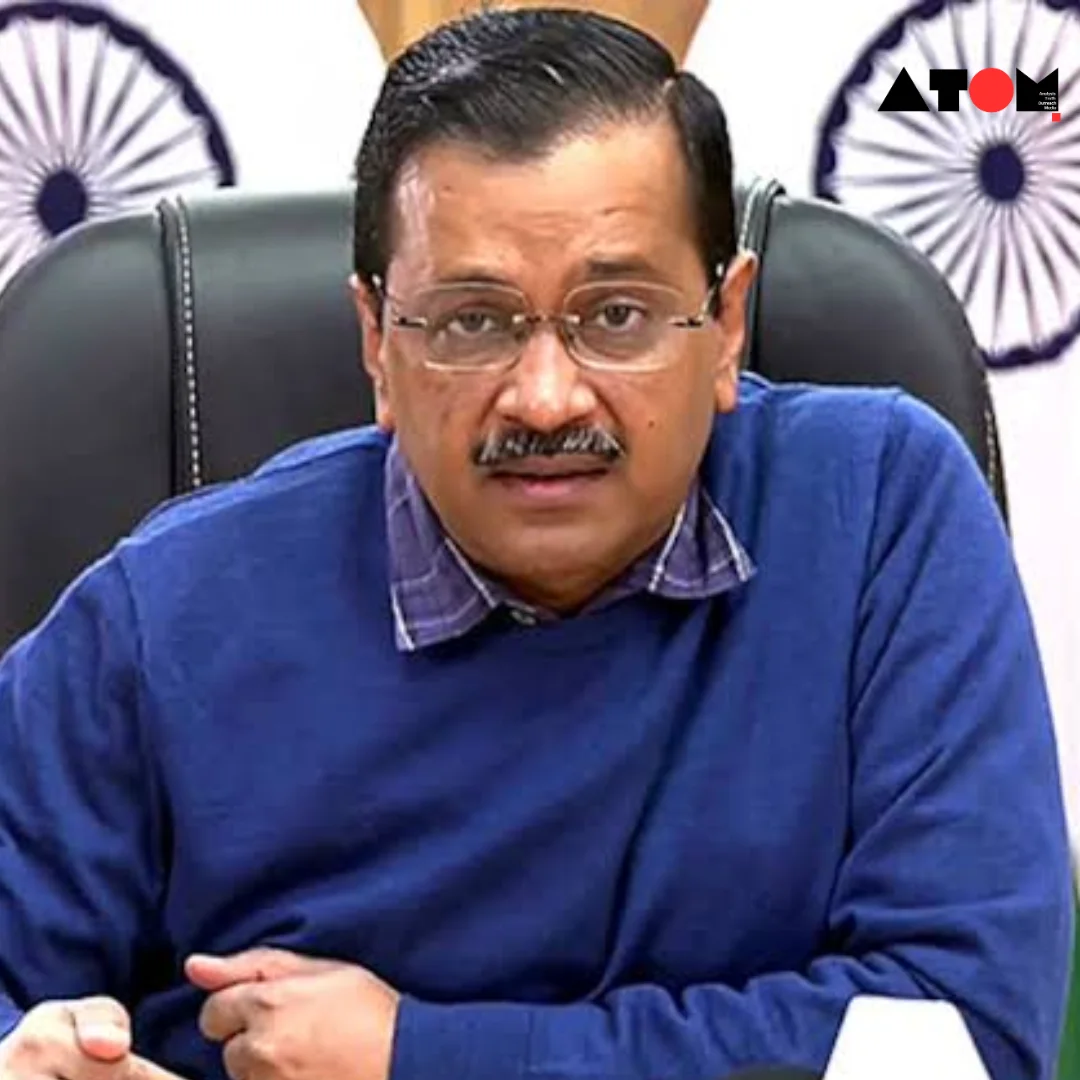The Supreme Court has responded promptly to Delhi Chief Minister Arvind Kejriwal’s plea challenging his arrest by the Enforcement Directorate (ED) in the excise policy case. Chief Justice of India D Y Chandrachud has assured immediate attention to the matter, indicating a swift review process.
Immediate Attention from the Supreme Court
Chief Justice Chandrachud expressed his commitment to promptly addressing Arvind Kejriwal’s appeal during Wednesday’s proceedings. Upon being informed by Senior Advocate A M Singhvi about the High Court’s ruling, which allegedly relied on undisclosed documents, CJI Chandrachud instructed Singhvi to email the relevant information, adhering to the Standard Operating Procedure (SOP). He assured Singhvi that he would personally examine the matter without delay.
High Court’s Rejection and Subsequent Proceedings
The Delhi High Court had dismissed Kejriwal’s petition contesting his arrest by the ED. The ruling emphasized that the ED possessed substantial evidence leading to Kejriwal’s detention. Justice Swarana Kanta Sharma, presiding over the single-judge bench, clarified that Kejriwal’s plea did not seek bail but challenged the legality of his arrest. The court highlighted Kejriwal’s alleged involvement in formulating the Delhi excise policy 2021-2022, both in his personal capacity and as the national convenor of the AAP, for potential misuse of funds during election campaigns.
Context of Arvind Kejriwal’s Arrest
Arvind Kejriwal’s arrest on March 21 followed the Delhi High Court’s refusal to grant him protection from coercive action by the ED. Subsequently, the Rouse Avenue Court remanded him to judicial custody until April 15. The legal battle surrounding Kejriwal’s arrest underscores the complex legal and political landscape surrounding high-profile cases in India.
Policy Implications and Public Interest
The case involving Arvind Kejriwal has garnered significant public interest, reflecting broader concerns about accountability and transparency in governance. The outcome of his appeal against the ED arrest could have far-reaching implications for the political landscape and regulatory framework governing anti-corruption measures in the country.
Ensuring Fair Legal Proceedings
As the Supreme Court takes up Arvind Kejriwal’s appeal, the focus remains on ensuring fair and transparent legal proceedings. The judiciary’s role in upholding the rule of law and safeguarding individual rights underscores the importance of an impartial and efficient justice system.
The Supreme Court’s prompt response to Arvind Kejriwal’s plea signifies a commitment to uphold justice and safeguard constitutional principles. As the legal process unfolds, all eyes are on the judiciary to ensure a fair and impartial resolution to this high-profile case.
Read more: Marketing News, Advertising News, PR and Finance News, Digital News





